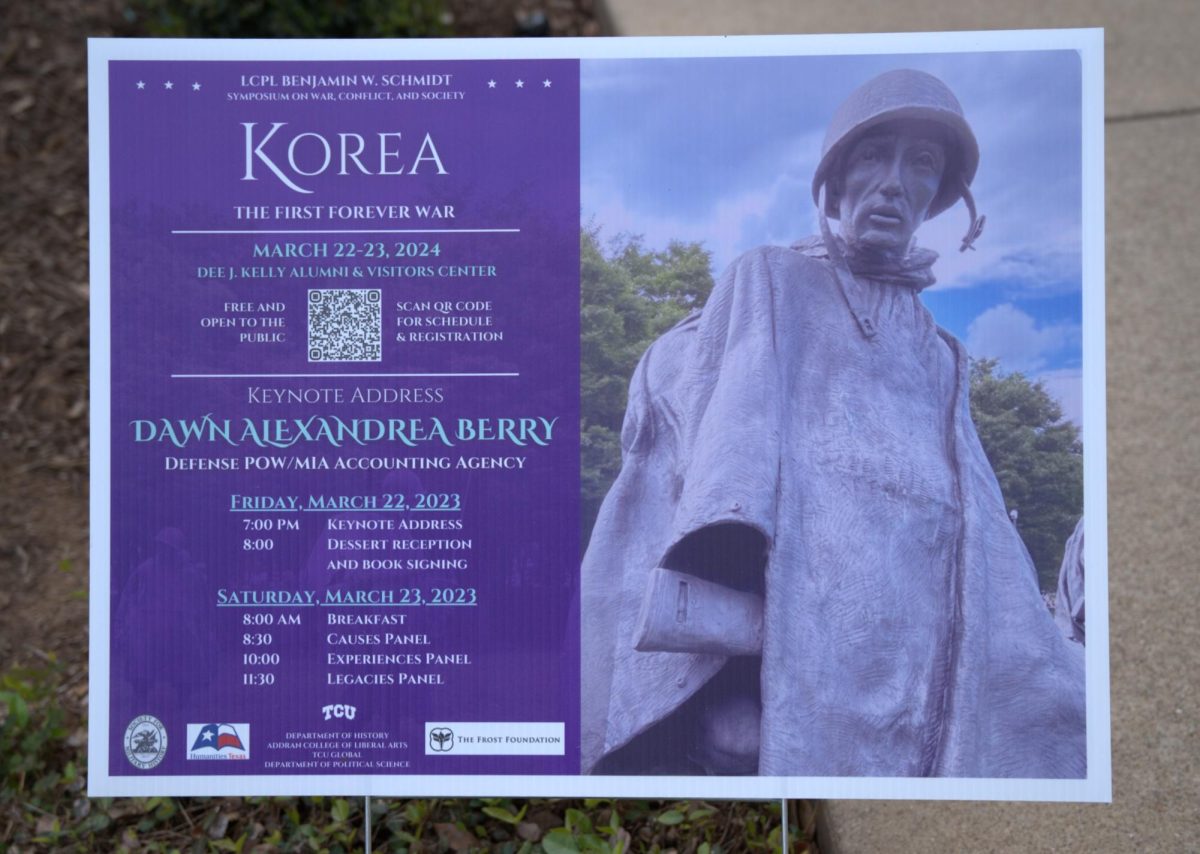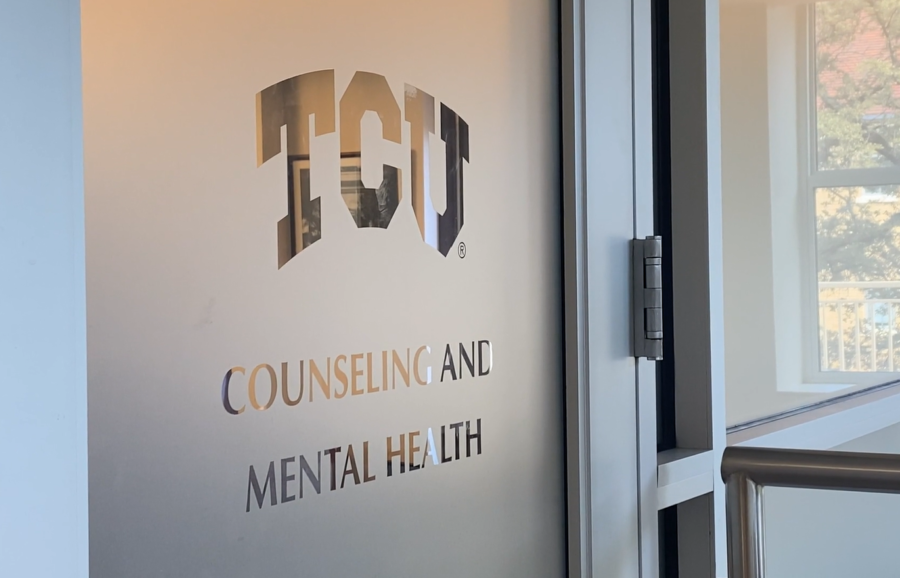TCU’s weekly mediation group will return to campus to teach participants various methods and techniques to relax and experience inward examination.
The five-session group, which starts this Thursday, consists of weekly hour and 15 minute meetings on Thursdays.
Matthew Johnson, a licensed professional counselor and sports psychologist, will introduce students to several new forms of meditation each week, and how they are most effective.
Johnson said he aims to help students overcome stress and anxiety, as well as learn more about the connection between body and mind.
“When you’re truly present in the moment, you can’t have stress and anxiety,” said Johnson.
Of the forms of mediation taught, accounting graduate student Ben Ji said the “breathing and labeling” method as his favorite. This form consists of focusing on the inhale and exhale process while identifying which emotions are behind each thought.
The aim of the group is to practice mindfulness. At the beginning of each meeting, the students discuss how their practice of previous methods has gone throughout the week.
“When we’re just focused on the present, our stress, anxiety and worries go down,” said Johnson.
While students join the group for different reasons, TCU alumnus and local musician Caleb Stanislaw looked to the group as a way to cope with addiction recovery.
After quitting smoking cigarettes after 16 years, Stanislaw experienced extreme anxiety. He opted to try meditation rather than pharmaceutical anti-anxiety medicine.
“I always prided myself on not needing medicine,” said Stanislaw.
However, Ji said he joined the group for different reasons.
“I think I was an outlier with going to the group. My motivation primarily was I wanted to be more in tune with myself,” said Ji.
Johnson got the idea to start the group from a group of psychologists at Duke University, who researched the effectiveness of meditation for several years and published a book on their results. These results included lower levels of stress and anxiety, and a higher sense of compassion compared to the control group.
Johnson brought the program to TCU two years ago. He conducts two sessions per semester, one in the first five weeks and the second in the latter five weeks.
While he caps the number of participants at ten, he has an average of six students that partake for the entire session. Each student participates in an interview with Johnson prior to the beginning of the session.
In addition to teaching his six-year-old daughter to meditate, Stanislaw said he tries to use the techniques he’s learned for 30 seconds to a minute at a time throughout the day.
“Two breaths can be the difference between freaking out, or dealing,” he said.
Ji also plans to continue a mediation routine, with meditation breaks twice a day. He finds that mediation serves to “reenergize and serves as a reminder to live in the moment and appreciate things.”
Johnson believes the group has been successful because it gives students the option to “learn and practice with other, connect with peers and get support.”
Both Ji and Stanislaw said they enjoyed their time in Johnson’s sessions, however they wish it could be more accessible to a greater number of students.
Stanislaw resents the ‘weird’ stigma he often sees attached to meditation.
“I see this as something that would be really beneficial and it’s a pity that more people don’t realize that,” said Ji.






